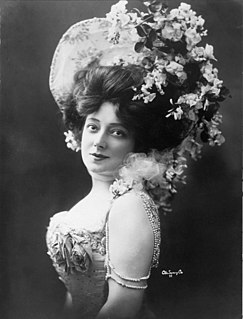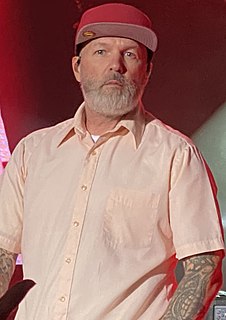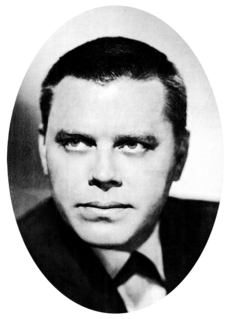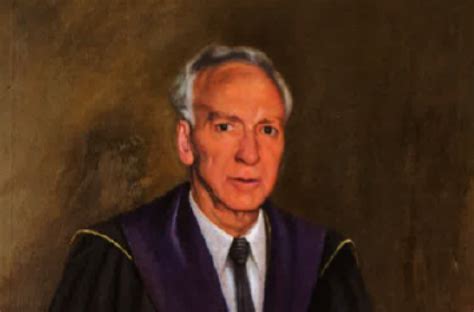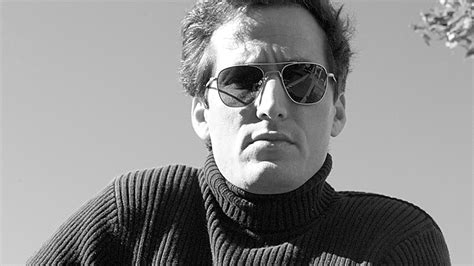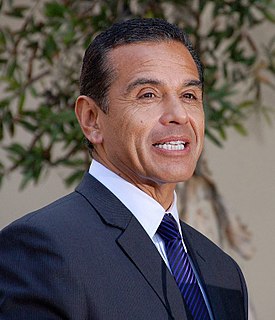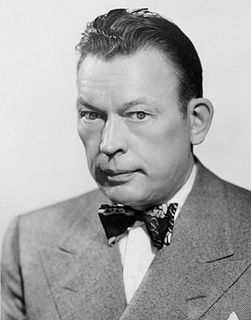Цитата Гертруды Стайн
Синклер Льюис — прекрасный пример ложного чувства времени в газетном мире… [многоточие в источнике] Когда он писал «Мейн-стрит», над ним всегда доминировало искусственное время… Он не создавал настоящих людей в в любой момент. Это то, что делает его газетным. Синклер Льюис — типичный журналист, и все, что он говорит, — газета. Разница между мыслителем и газетчиком в том, что мыслитель проникает прямо в дело, газетчик поверхностен.
Темы цитат
Фактический
Всегда
Любые
искусственные
существа
Между
Создавать
Было
Различие
Доминирует
над всем
Пример
Ложный
Ложный смысл
Человеческое
существо
Человеческие существа
Льюис
Мейн
Мейн-стрит
Делает
газету
Совершенно
Правильно
Говорит
Источник
смысла Улица
Поверхностные
вещи
Время
мыслителя Типичный
мир
Написал
Связанные цитаты
До того, как я пошел в младшие классы средней школы, я был мальчиком-ученым и собирался заняться химией. Потом я открыл для себя гуманитарные науки. Я жадно читал пьесы Шекспира, некоторые романы, такие как «Доктор Живаго» Пастернака и «Главная улица» Синклера Льюиса, и проникся философией, читая Кьеркегора и Ницше.
Конечно самый очевидный. . . пример сугубо инфантильной сущности всепобеждающего менталитета Америки встречает наш взор ежедневно, везде и всюду, в облике бульварной газеты. Бульварная газета на самом деле означает для типичного американца той эпохи то же, что, как принято считать, Библия значила для типичного отца-пилигрима: а именно. очень немедленная помощь в трудные времена, а также средство избежать неприятностей через безобидное, так как замещающее, снисходительность к пышности и тщеславию этого злого мира.
Для меня газетный бизнес был способом узнать о жизни, о том, как все устроено в реальном мире и как люди говорят. Вы изучаете все навыки — вы учитесь слушать, вы учитесь делать заметки — все, что вы используете позже как писатель, было ценным обучением в газетном мире. Но я всегда хотел писать романы.
Я женился через три дня после выпуска, и первое, что я сделал, то, что я должен был сделать, это работать в небольшой газете. Итак, мы были в Чикаго, где мой муж работал в Chicago Sun-Times, и мы ужинали с его редактором, и он сказал: «Так что ты собираешься делать, дорогая?» и я сказала: «Я собираюсь работать в газете», а он сказал: «Я так не думаю», потому что в правилах газетной гильдии говорилось, что я не могу работать в той же газете, что и мой муж.

